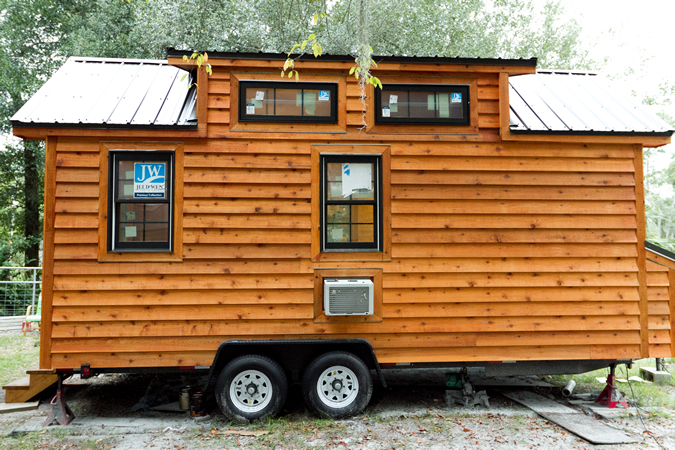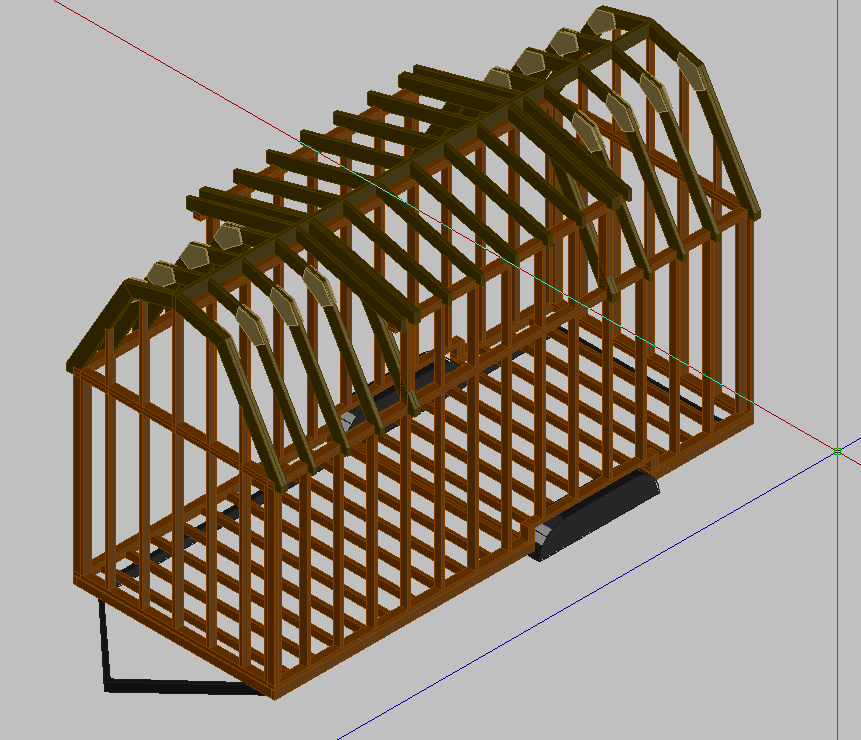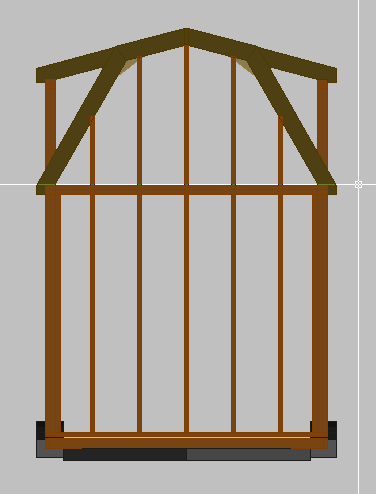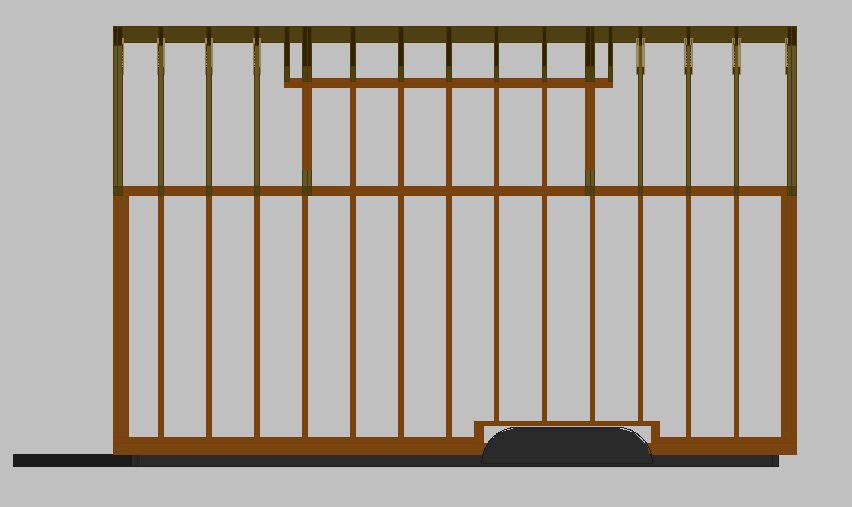I have a lot of questions about the feasibility/logistics of building a tiny house and the legality of where I can put it. Some are specific to me, but others might be questions anyone researching tiny houses may have. I’ll update this post with answers and more questions as I go.
Legal
Question: How do I establish a permanent address (and receive mail) if I live in a tiny house? What does (possibly) moving as frequently as every few months mean for addresses?
Thoughts: ?
Answer: ?
Q: A tiny house on wheels can classify as an RV. What are the size restrictions to keep it classified as an RV? Does it need a permit from the DMV?
T: Answers may live in the Boulder Revised Code. Looks like fun reading!
A: ?
Q: What are the restrictions as to where I can park and live in the “RV?”
T: ?
A: ?
Logistics
Q: How to bring water to the house?
T: 1) RV hose from a nearby structure. This will not work in winter.
2) Fill an internal water tank (50 gallons?) manually as needed. Pressure must come from gravity (preferably) or a pump.
3) Build a system that can be switched between #1 and #2.
A: ?
Q: Grey and black water?
T: 1) Storage tanks (like an RV). Pumped every so often. Freezing in winter is an issue.
2) Composting toilet – but what are the restrictions for disposing of composted human waste?
3) Collect grey water in an external tank, then filter it for reuse (landscape & garden). Is this legal? Keep the grey water tank inside during winter? But then it’ll be above the drains and filling it will work against gravity.
A: ?
Q: Hot water – water heater vs on-demand tankless heater? For sink faucet or only shower?
T: ?
A: ?
Q: Where can I store a mountain bike and road bike – ideally out of the elements?
T: 1) Build an enclosed rack on the front of the house.
2) Install a pulley system like this in the main room.
A: ?




